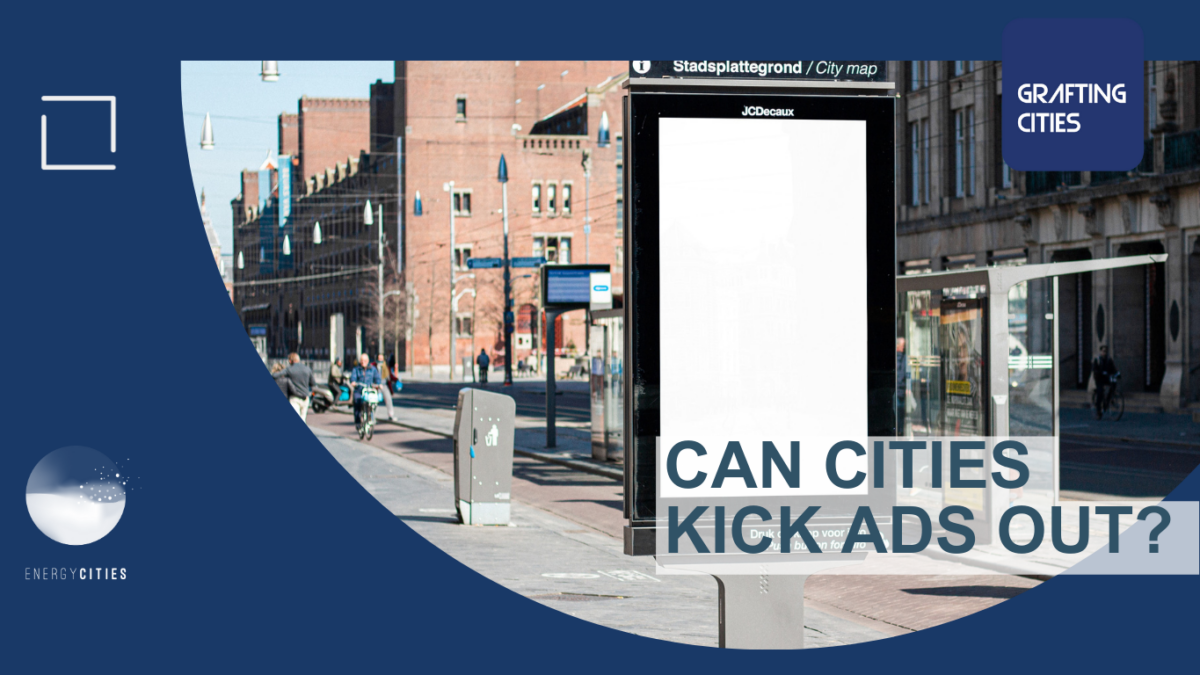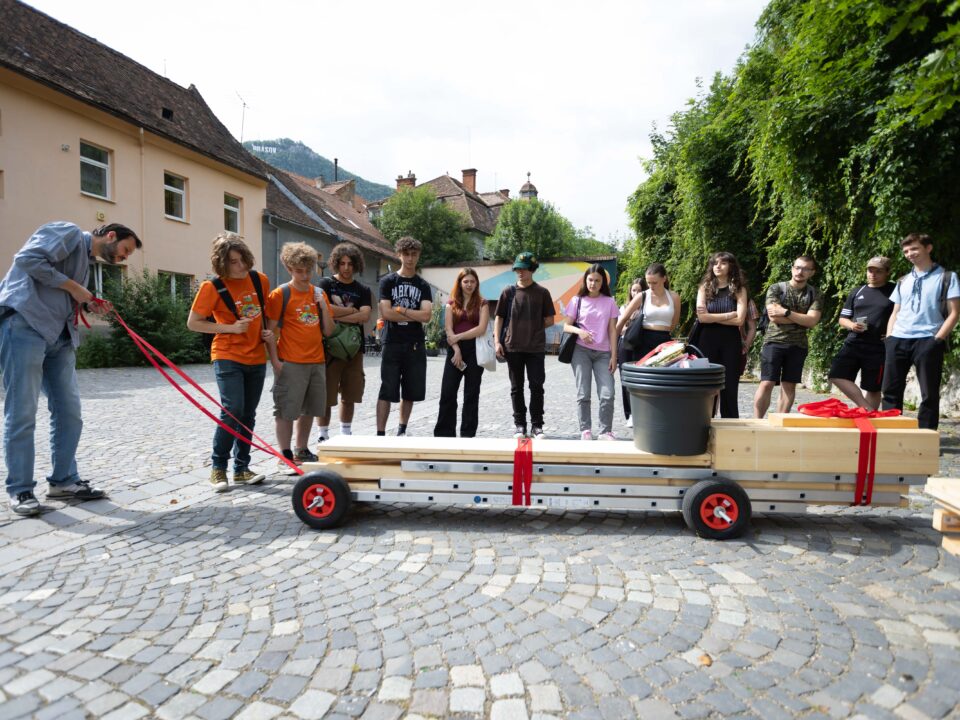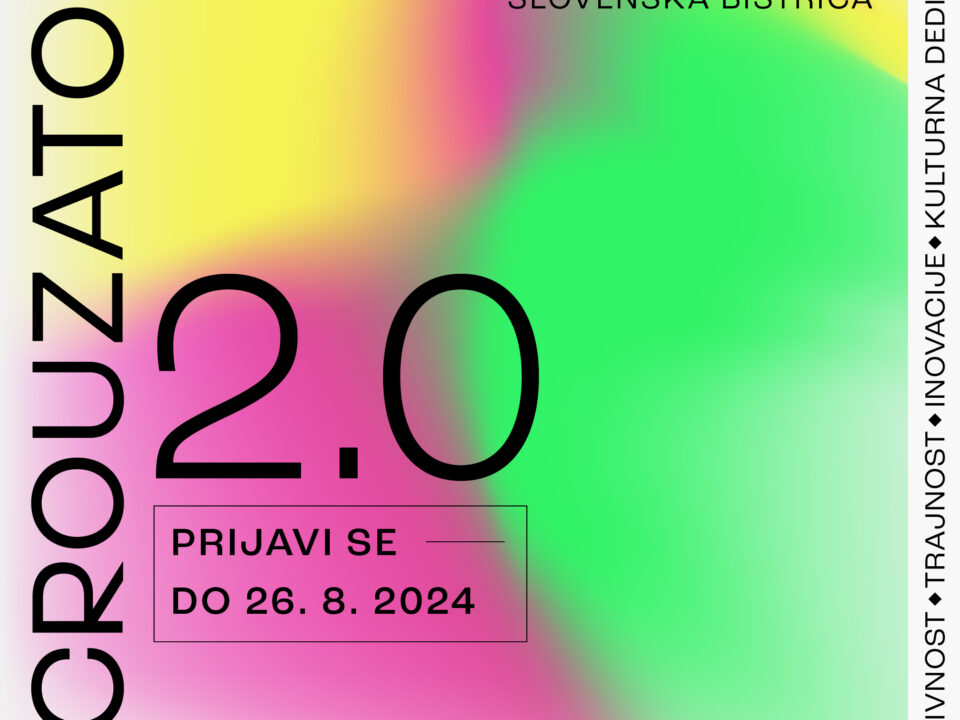

Can Cities Kick Ads Out
On October 18th, join Energy Cities’ Annual Forum in Modena and be part of our Future Generation Court to discuss how to give public spaces back to citizens
Can advertising contribute to a sufficient and resilient society, by encouraging changes in individual behavior?
Which advertising should be banned?
Why and who should decide?
On October 18th at 2pm, in the context of Grafting Cities – Energy Cities’ Annual Forum in Modena (Italy), HUB-IN and Brașov’s municipality are happy to join the session Can cities kick ads out? How we can give back public spaces to the people.
What’s 3 meters tall, blocks the pavement and consumes more energy than a house?
On average, every individual is exposed to over 2.000 ads a day. The (negative) impacts of advertising are numerous: light pollution, (intensive) energy and resource consumption, a consumerist lifestyle far from the imperatives of sufficiency, privatization of sidewalks, and mental and physical issues.
Contradictory messages reach citizens every day: a municipality communication promotes eco-actions, and then a few meters further on, an advertisement urges them to buy an SUV. We live in a society where we are constantly confronted with images of growth, incentives to consume and lifestyles that are in total contradiction with planetary boundaries.
To limit the phenomenon, local authorities can act. In France, for example, several local governments have already taken initiatives to either reduce the space dedicated to advertising or ban polluting industries such as fossil fuel ads. Haarlem (Netherlands) will prohibit ads for holiday flights, as well as non-electric cars and fossil fuels in 2024 and has the ambition of fully phasing out commercial advertising by 2030.
A people-centred city: the Brașov’s examples
Brașov, one of our pilot cities, will join the event to explain how they are reclaiming the public domain and how the space dedicated to commercial advertising could be used to highlight local traditions, culture and arts through the HUB-IN project.
The historical urban area (HUA) of this charming, medieval Romanian city has become overly commercialised due to unregulated advertising and lack of relevant local policies leading to light pollution (illuminated advertising panels and logo signage; dynamic lighting by retailers, bars, restaurants; store signs and lighting are left on after closing time). Moreover, some buildings are empty shells whose façades are being used only for commercial purposes.
This leads citizens to psychological stress. They feel a lack of ownership of a public space constantly pushed to over-consumption. The result is the abandonment of an HUA perceived by the locals as a place for commerce and tourism alone.
How can Brașov reconnect citizens with the public space?
How to use this space to promote and highlight existing but unknown local products, traditions, crafts, and facts and figures?
How can the city seize the opportunity under the new Cultural Heritage Code?
How the city’s commitment to becoming a green destination will empower citizens’ well-being?
Flavia Boghiu, Braşov’s Deputy Mayor, will display the actions taken by the municipality and the HUB-IN project to shift to a people-centered, sustainable city.
Can cities kick ads out? How we can give back public spaces to the people
For the session Can cities kick ads out? How we can give back public spaces to the people Energy Cities proposes to use the Future Generation Court methodology. This is an imaginative facilitation methodology developed by Usbek & Rica to spark debate around the major issues of the future. On stage: 1 judge, 1 lawyer, 1 prosecutor, 3 witnesses, 5 jurors drawn at random from the public who speak on behalf of the future generations. Several witnesses will testify and share their views on whether cities should kick ads out or not. The debate will be focused on 4 major charges:
- An imaginary of consumption far from the imperatives of sufficiency
- A consumption of resources and energy
- Public (mental and physical) health issues
- Ethics
In addition to Braşov, representatives of Fossil Fuel Free Advertising and of the cities of Lyon, Haarlem, Adfree Cities, among others, will animate the debate.
Click here to find more information on Energy Cities’ Annual Forum and register to join us!




